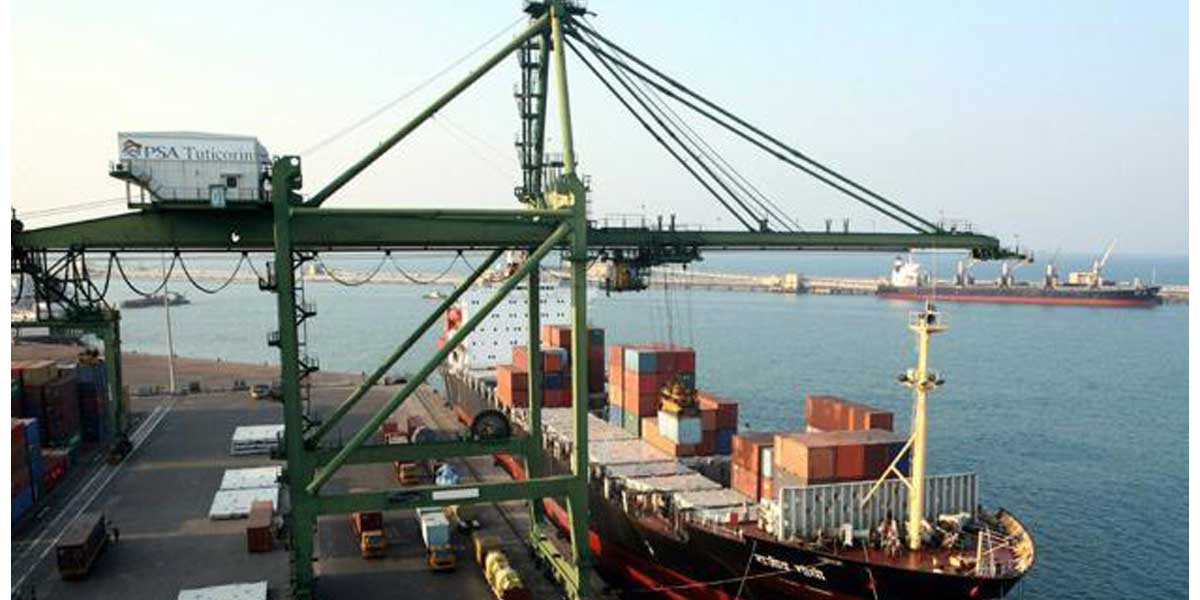Parliament passes landmark Major Port Authorities Bill, 2020
01 Mar 2021

In an important development, the Parliament passed the Major Port Authorities Bill, 2021, after it was moved by Mansukh Mandaviya, Minister of State (Independent Charge) for Ports, Shipping and Waterways, in the Rajya Sabha.
The Major Port Authorities Bill, 2020, aims to decentralise decision-making and infuse professionalism in the governance of 13 major ports. These include ports located in Chennai (Tamil Nadu), Kochi (Kerala), Ennore (Tamil Nadu), Kolkata (West Bengal), Kandla (Gujarat), Mangaluru (Karnataka), Mormugao (Goa), Mumbai Port Trust (Maharashtra), Jawaharlal Nehru Port Trust (JNPT, Maharashtra), Paradip (Odisha), Tuticorin (Tamil Nadu) and Visakhapatnam (Andhra Pradesh).
The proposed act seeks to impart faster and transparent decision-making to benefit stakeholders and improve project execution capability. It aims to reorient the governance model in central ports to the landlord port model in line with best global practices. This will also help in bringing transparency to operations at major ports. It is also expected to empower the major ports to perform with greater efficiency on account of full autonomy in decision-making and by modernising the institutional framework. According to Ankit Patel, Vice President & Co-Head, Corporate Ratings, ICRA, the Bill’s enactment was a long-awaited reform.
The Bill envisions the creation of a board for each of the major ports replacing the existing Port Trusts. Reportedly, the board will have the power to take decisions on tariff setting, land usage, dispute resolution, Capex planning, fundraising and several other strategic issues at the major ports. The Bill is more compact in comparison to the Major Port Trusts (MPT) Act, 1963, as the number of sections has been reduced to 76 from 134 by eliminating overlapping and obsolete sections. It proposes a simplified composition of the board of the port authority, which will comprise 11 to 13 members from the present 17 to 19 members, representing various interests. A compact board with professional and independent members will strengthen decision-making and strategic planning.
Provision has been made for the inclusion of representatives of the government of the state in which the asset is located, the Ministry of Railways, Ministry of Defence and departments of customs and revenue as members in the board. Besides, the board will also have a Central Government nominee and a member representing employees of the major port authority.
The role of the Tariff Authority for Major Ports (TAMP) has been redefined. The port authority has now been given powers to fix tariffs, which will act as a reference tariff for purposes of bidding for PPP projects. PPP operators will be free to fix tariffs based on market conditions. The board of the port authority has been delegated the power to fix the scale of rates for other port services and assets, including land. An adjudicatory board has been proposed to be created to carry out the residual function of the erstwhile TAMP for major ports to look into disputes between ports and PPP concessionaires, review stressed PPP projects and suggest measures to revive such projects, and look into complaints regarding services rendered by the ports or private operators operating within the ports.
Related Stories

